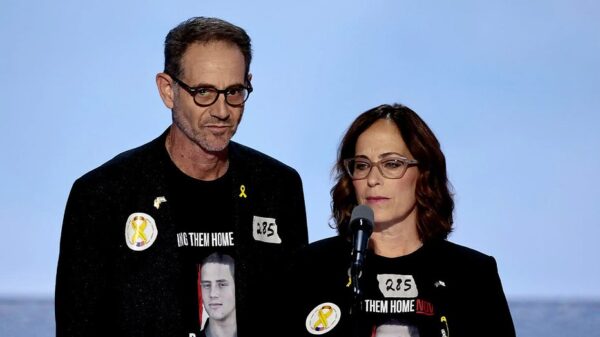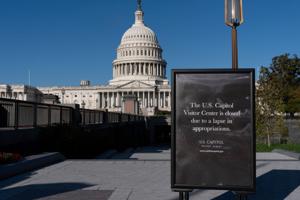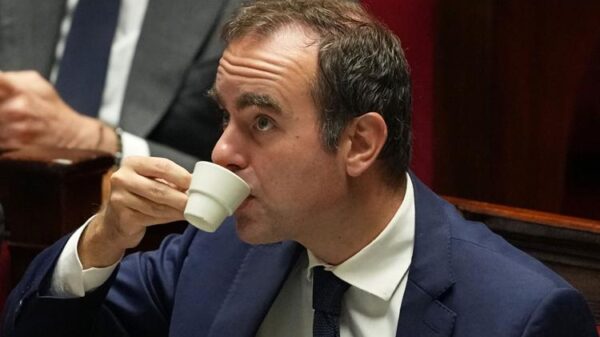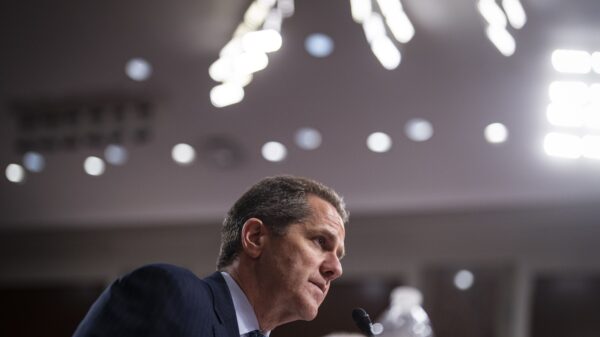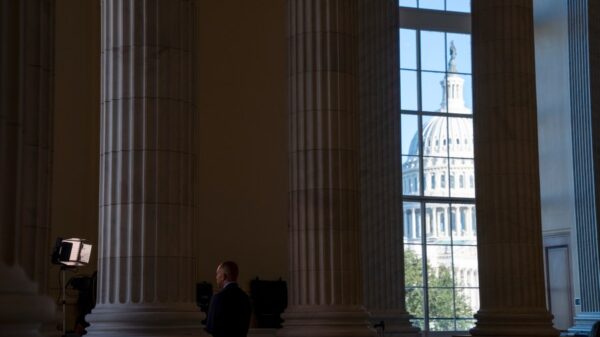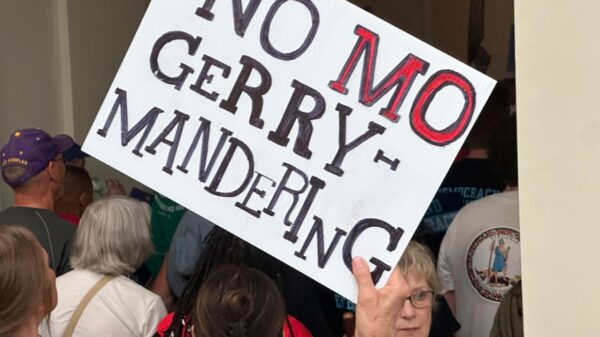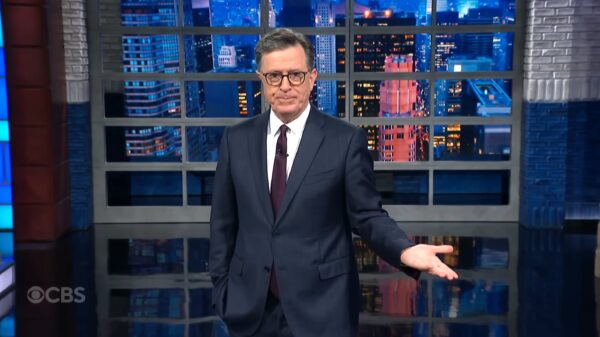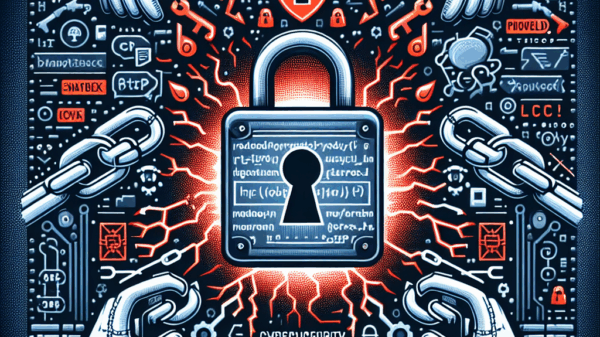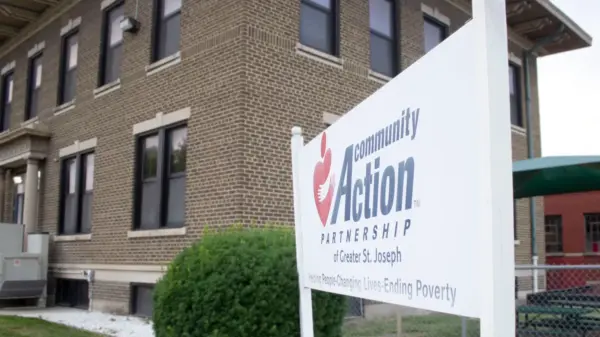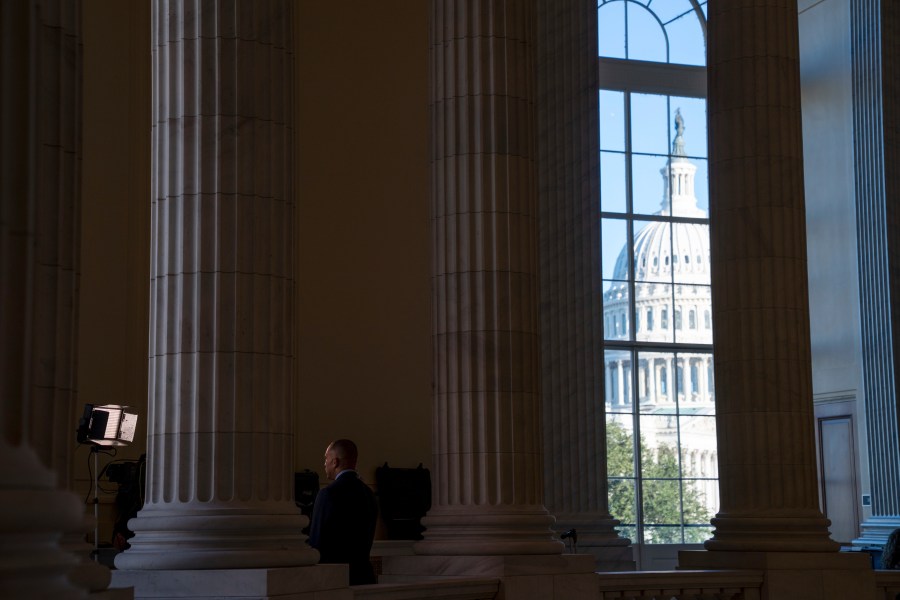The recent federal government shutdown, which began on September 30, 2023, has led to significant repercussions in Virginia. Virginia’s economy and its residents are grappling with the effects of halted federal services, despite the state’s House delegation taking action to prevent such a crisis.
Virginia’s Republican representatives in the House had previously passed a bill aiming to fund the government, with every Republican member voting in favor. This legislative effort was aimed at ensuring continuity in government operations and minimizing disruptions for the citizens of Virginia. Unfortunately, the bill did not receive the necessary support from the Democratic caucus, leading to the current impasse.
Impacts on Local Services and Economy
The shutdown has led to immediate impacts on federal services in Virginia. Various agencies, including the National Park Service and the Environmental Protection Agency, have faced staff furloughs, which has disrupted local programs and services. Tourism, a vital part of Virginia’s economy, has already seen a downturn as national parks and monuments remain closed.
Local businesses that depend on tourism revenue are particularly vulnerable. According to the Virginia Tourism Corporation, the state saw an influx of approximately 41 million visitors in 2022, contributing over $27 billion to the economy. The shutdown threatens this vital economic driver, leaving many business owners concerned about their financial future.
In addition to tourism, federal contracts and grants that support numerous local projects are also on hold. This delay could impact infrastructure, education, and public health initiatives, further straining the state’s resources. Virginia’s officials are expressing concerns that these disruptions could lead to long-term challenges, especially in areas that rely heavily on federal support.
Political Reactions and Future Implications
The political fallout from the shutdown has been palpable across Virginia. Republican representatives have criticized their Democratic counterparts for failing to reach a compromise that could have prevented the shutdown. They argue that the Democrats’ refusal to support the funding bill has put unnecessary pressure on Virginia’s economy and its residents.
Conversely, Democrats are emphasizing the need for a more comprehensive budget solution that addresses the broader financial challenges facing the country. They argue that short-term funding measures, while necessary, do not resolve underlying issues, and that a long-term solution is essential for stability.
The ongoing discussions in Washington highlight the deep divisions between the two parties. As negotiations continue, the state of Virginia is left to navigate the consequences of a stalled federal government. The situation remains fluid, and the outcome will likely shape the political landscape ahead of the 2024 elections.
As the shutdown persists, Virginia residents are urged to remain informed about the developments in Washington. The hope is for a resolution that restores government services and mitigates the impacts felt across the state.

